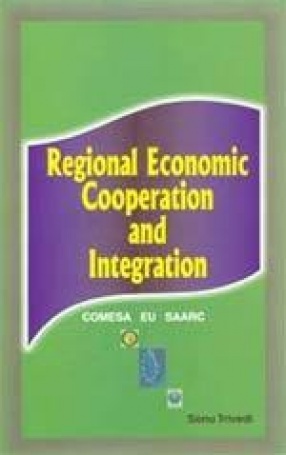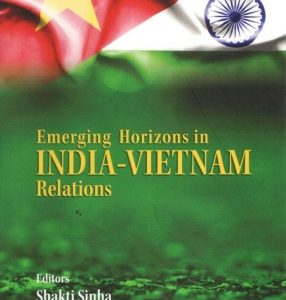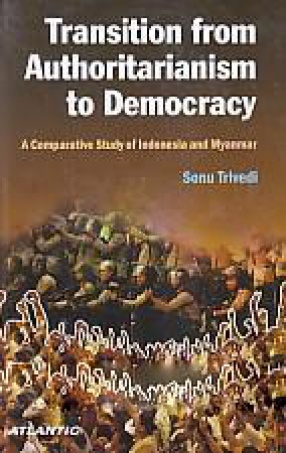Prompted by the uncertain outcome of the GATT/Uruguay Round negotiations, regional agreements mushroomed in different parts of the world. The collapse of the Soviet Union gave a renewed impulse to economic interactions at the expense of political and strategic preoccupations. Inter-regional co-operation reduces economic and social fragmentation created by national frontiers and hence facilitates integrated development of the participating states. In Africa, as in other parts of the world, regional co-operation in a major factor in internal and international politics. This book focuses on the regional co-operation efforts in the three continents of the world, viz. Africa, Asia and Europe and their role in promoting and strengthening African Capacities. It examines various dimensions of regional co-operation with focus on bilateral relations between a community of highly developed states (European Union) and group of developing countries, viz. COMESA (Common Market for Eastern and Southern Africa). The latter part of the book focuses on inter-regional co-operation between South Asian countries, particularly India, and COMESA. These two regions of the world share a common colonial legacy and are striving to improve the socio-economic conditions of their people. Inter-regional cooperation of their people. Inter-regional cooperation and integration is a vital necessity in a world witnessing trade liberalization, foreign investments and reduced role of governments in economic affairs.
Regional Economic Cooperation and Integration
In stock
Free & Quick Delivery Worldwide
reviews
Bibliographic information
Title
Regional Economic Cooperation and Integration
Author
Edition
1st ed.
Publisher
ISBN
8177080989
Length
xv+377p., Tables; Notes; Appendices; Bibliography; Index; 22cm.
Subjects






There are no reviews yet.